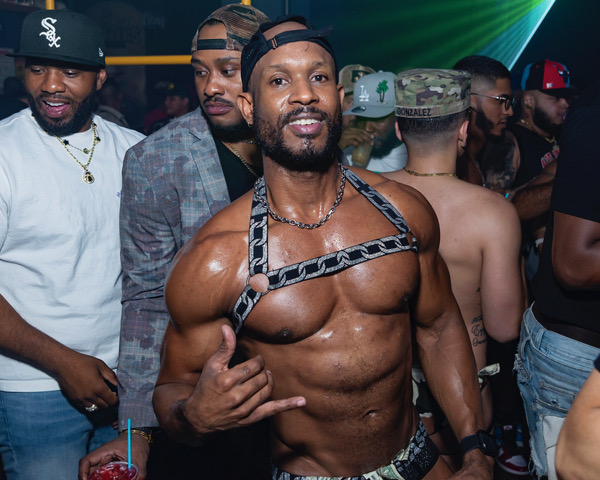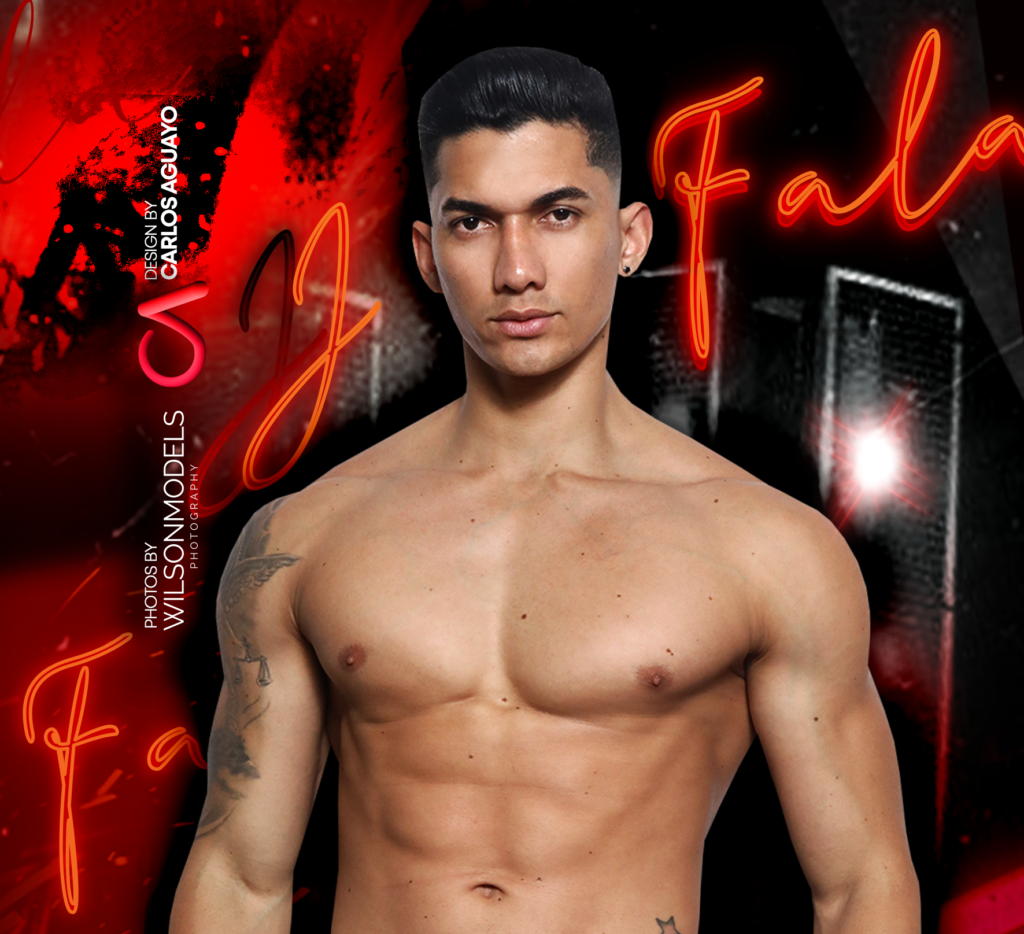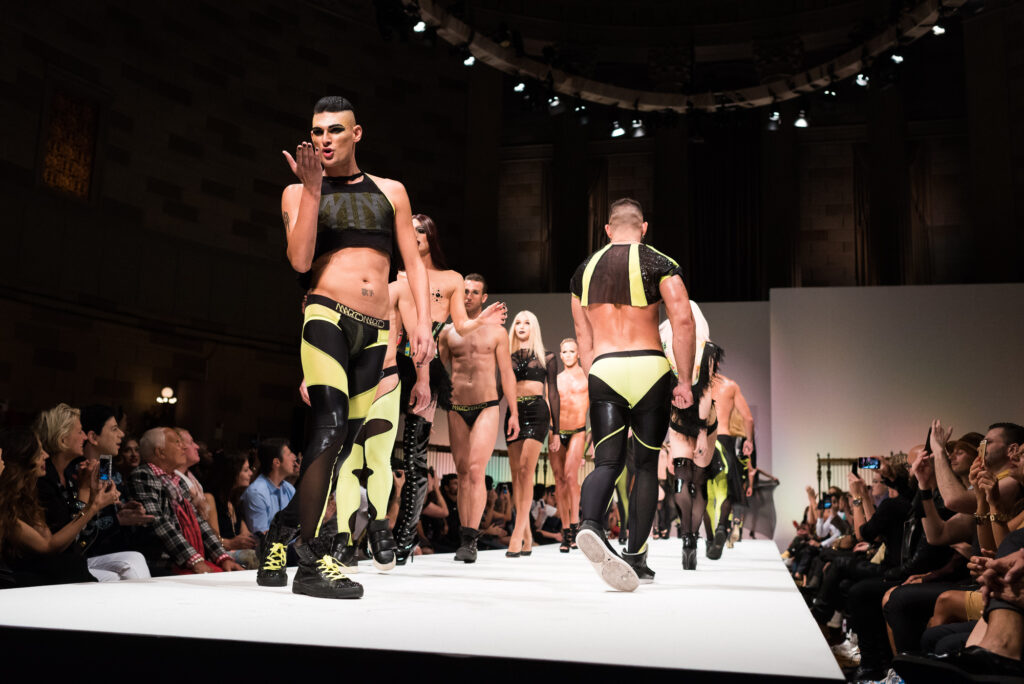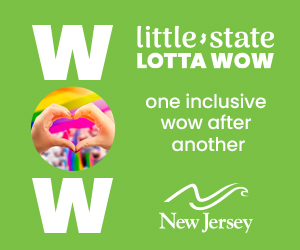Corina – ‘Voices in My Head’
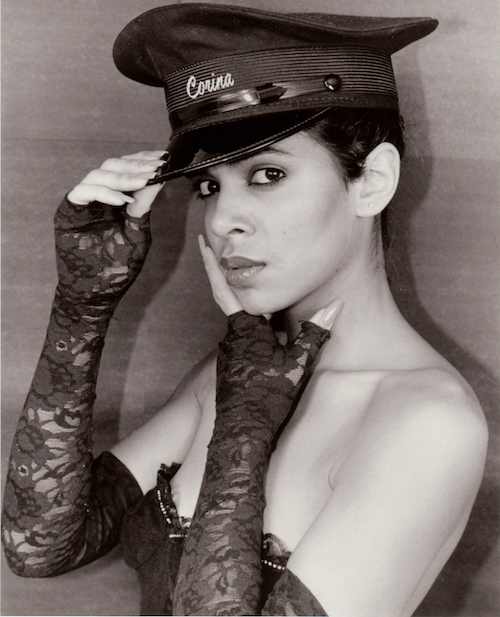
Recognized for her sensational hit song “Temptation,” Corina (Corina Katt Ayala) is about to present her new one-woman show titled “Voices in My Head.” Written and performed by Corina, the profoundly empowering play will take place on Tuesday, March 12, 2019, and run through March 17 at the Flamboyan Theater/The Clemente, 107 Suffolk Street, NYC.
In speaking to Corina, I not only found her completely fascinating but one of the most genuine personalities that I have come across. She truly wishes to help people with similar stories to heal. In her own words, “Writing ‘Voices in My Head’ has changed my life. I’m putting it all out there, my happiness and my pain, in the hopes of touching and changing yours.” With a heart of gold and the ability to tell a story in the most captivating way possible, her one-woman show promises to be phenomenal.
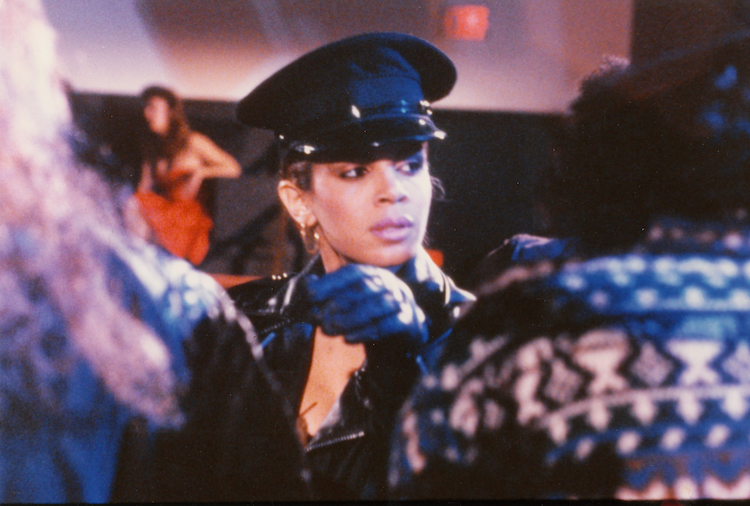
You’re about to open up a one-woman show.
It’s my second. I wrote the first one around 2000, and I didn’t have the courage to put it up until about 2004, because I didn’t go to school for any of this. It was just kind of like something coming through me. Many of my theater friends who have a master’s in drama were very upset that I can even have done it. So I did it, and the turnout was really wonderful, but the experience of doing it was incredible. Most of them had come back and said, “Wow, I’m really proud of you.”
I heard it was amazing. Tell me about this new one, “Voices in My Head.”
So basically I’m one of those people that admits that I talk to myself a lot. I work everything out that way. If I get too upset about stuff, I’ll say to myself, “OK, what’s really going on?” I’ve been doing this since I was a child, and I found over the years that oftentimes what I thought was my voice that was talking back to me in my head with questions and answers or epiphanies, it turned out to sometimes be the voice of my mother, the voice of my grandmother. Sometimes it was the voice of someone that I didn’t particularly think of myself as getting along with. I would be able to come to sort of a peaceful place with them in my mind and in my heart, because sometimes the voices were really, really helpful. It sounded like a criticism; it’s really weird, the process that I used to do my work.
So now you’re bringing that to the stage?
Yeah, so it’s kind of like taking off all my clothes and standing up there and sharing. I guess the best way to describe it is it is the same thing most people think but don’t really say. I discovered that words themselves are not hurtful; it’s the emotion, the intention, behind the words that you are using that creates the problem. What I did in the first one-woman show, which was called “The Fear in All of Me,” is that I had a very difficult childhood. My mom had a lot of problems due to mental illness. She was a manic depressive. It was due to the drama and pain and abuse that went on in my home, which I thought was normal. I just thought that everyone went through the kinds of things that happened in my home. My mom was very suicidal, and she tried getting out of this lifetime many times when I was a kid. She made me watch once. I was eight years old when she took 54 pills, and she drank half a bottle of Bacardi, and she wouldn’t let me help her. She was on the phone with someone, and then she got so drunk as the pills were sort of funneling in and the liquor was settling in that she broke the bottle and she slashed the back of her ankles. Then her wrists. All I wanted to do was make her feel better and call for help, because she was a heavy bleeder, so there was blood on the ceiling and all over the walls. I was a kid. So I stayed up with her and then when she passed out I dialed 911. They came and took her away. It never occurred to me to wake my father, who was asleep in the other room.
Then after they took her away, I went and woke him, and then he was running all over New York City to try and find the hospital they had taken her.
You have a story to tell, girl!
So I grew up with that stuff as a kid. So I worked it into “The Fear in All of Me.” Any issues I had about anything, especially that related to my mom, I worked it into characters, which were people I had met. For example, my best friend, who is an Israeli girl, and we could have been sisters we looked so much alike. For lack of a grasp of the English language, she had an accent that I loved. She just mangled the words, and she got right to the point of what she was saying, which means that she came off like a punch in the face. I loved that. She would tell me stories that were horrific, and she would make me laugh. So I gave her some of my worst stories, and I told them to people I know who would be affected, probably quite painfully, but would find themselves laughing through the tears. It was so ridiculous the stuff that I was telling them that they had to laugh.
So I have different characters during different experiences that I had in my life. It was all about feeling the fear but showing up anyway.
Have you written a book yet?
It’s funny, I’ve been working on a book for about eight years. It is 1,000 pages so far, and I don’t know if anyone will ever read it, because when I read even a couple of passages I’m terrified of the thoughts that are in there. I think that at some point I would like to hand it over to someone that could look at it, because I really think it could help a lot of people. So many people go through these times in our lives. I don’t care how many people you know that you have seen so far go through something awful. We always think that when we are in pain we are the only ones that have gone through that pain. I can’t tell you how many messages I get daily. They say to me, “You’re always so happy.”
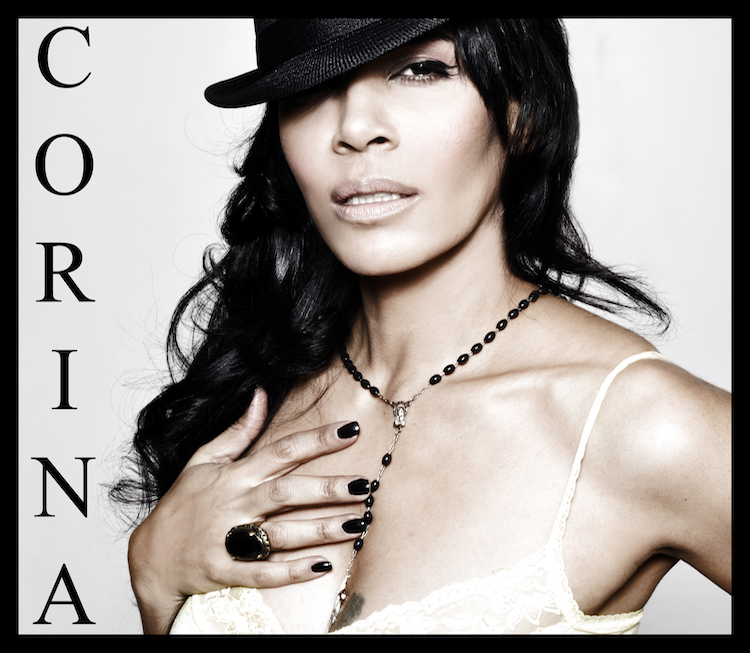
It’s also wonderful to hear that. I write a daily quote that comes up on Twitter every morning, and people write their ideas about how it made them feel and how grateful they are. People tend to not really grasp the fact that we are all so connected.
So this new one-woman show, it feels a little serious. Is there going to be music and comedy in it?
It’s a multimedia, which means that I sing in it, there will be some videos that open the show, and that sets
the tone for it. It kind of gives you a tiny window into my creative process. Then I create characters. The first time around I did five characters; this time I’m doing three. One is me. I do myself, and I walk people through my relationship with my dad. My dad was my king and my everything, and how when I got older, when he passed away, I always had an OK relationship with that.
Sounds crazy, but in other words, I’m not afraid of it.
I think that is because I was so close to watching my mother constantly toying with it. When my dad passed away, it was more than just my dad dying; it’s like, my world fell apart. He was the kindest, sweetest man I know. So I walk people through what it was like to have a dad who didn’t really talk all that much, who didn’t really know how to hug, didn’t really know how to say “I love you,” but I never felt more love in my life. Well, I do that character, which is myself. I walk people through me being born to a poor family in the South Bronx during the burning time. Then coming into my music through “Temptation,” finding the exact opposite experience. Knowing as a child that being poor and being brown…My family always said maybe I should consider doing something else. My family said, “Nobody on TV looks like me” and “How about you do something realistic?” As a kid I thought if nobody looks like me, that’s better for me, because I would be the first one like me on TV. I don’t know why I felt that way. I don’t know why I had that vision as a child. But it carried me through to my adult years. Suddenly I woke up in reality, whatever reality is kind of said it. And then I move you into my mother; it was a very difficult character. It allowed me, when I wrote this, to see my mother as a human being. Yeah, she had a lot of problems, but there was so much good to her, so much of what made me a fighter and a survivor. I always credited my dad, because it was easier to think of him as my hero. Then I move from my mother to Lupita, who is the character that I created on YouTube quite by accident. Then she just talks about, straight up, what it is that made me. Growing up in the areas that I grew up in, and then going out to the world and dealing with things like racism and any type of -ism. But, I do all of it sort of tongue-in-cheek. How I even came to writing it is my best friend Ivan Diller said to me one day… every time we got together, I told him another awful story about my childhood, and he would laugh. He said to me one day, “You really need to do a show or something, because I don’t understand why you can tell me the worst stories, and I laugh. I feel really excellent and then really bad.” I have a way of telling terrible stories and allowing people to hear them in hopes of having them heal from their own pain while laughing through it.

